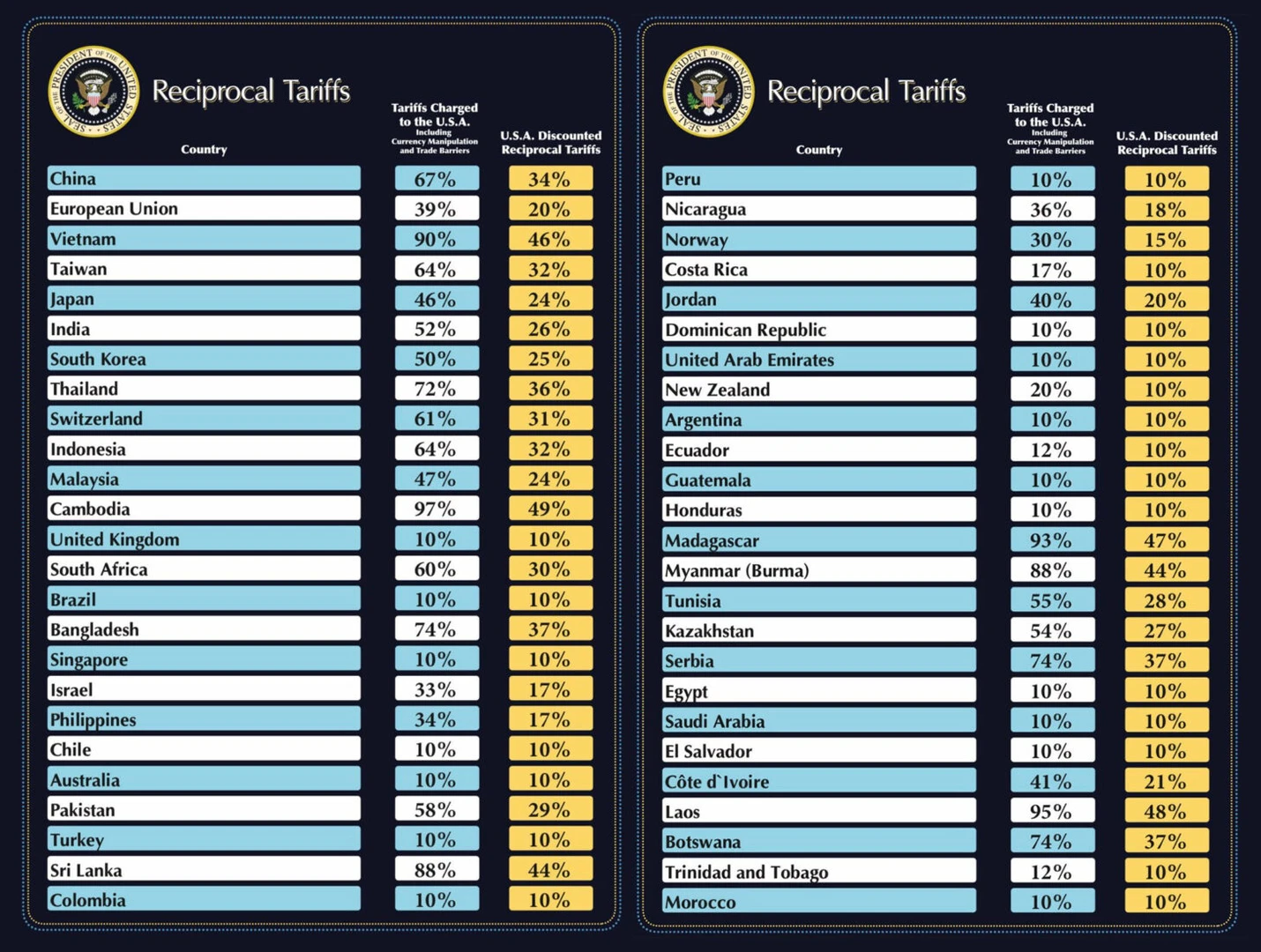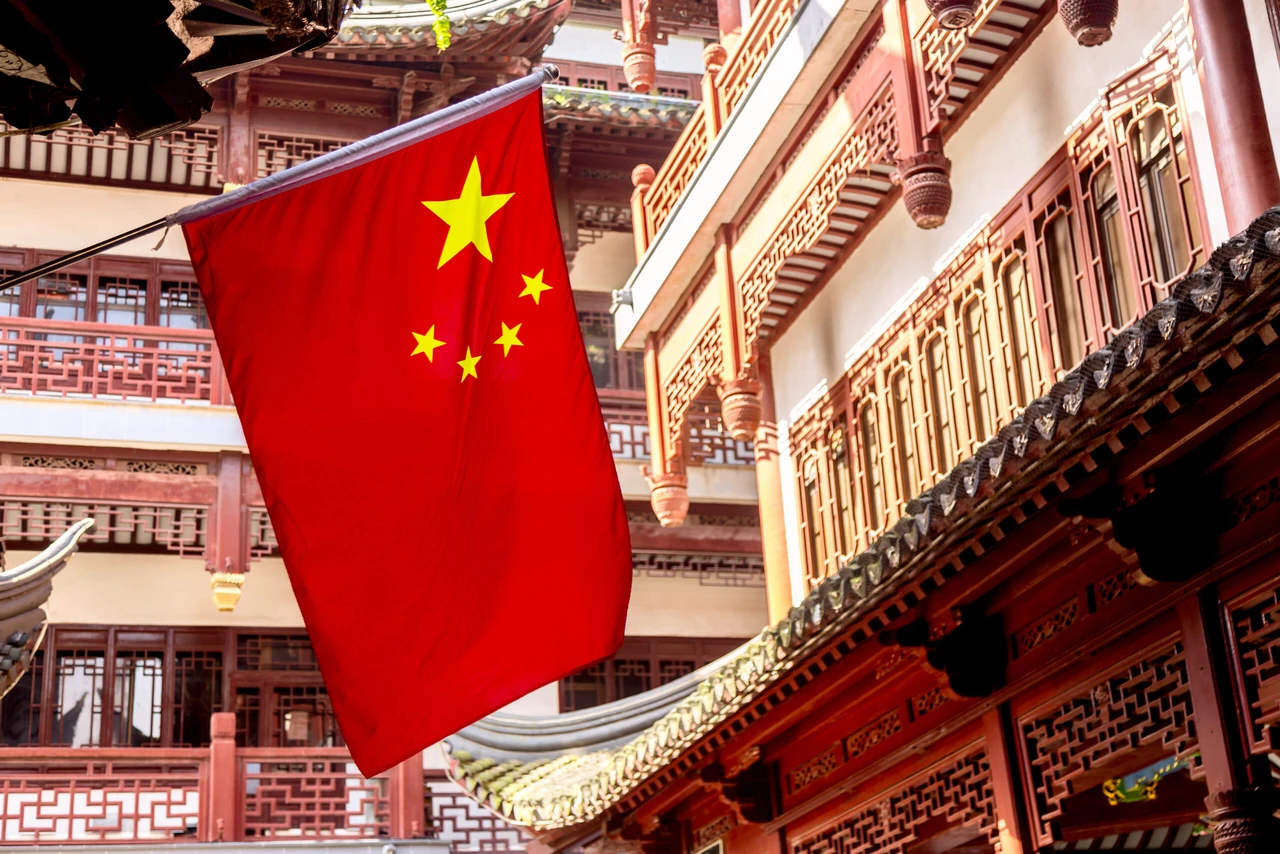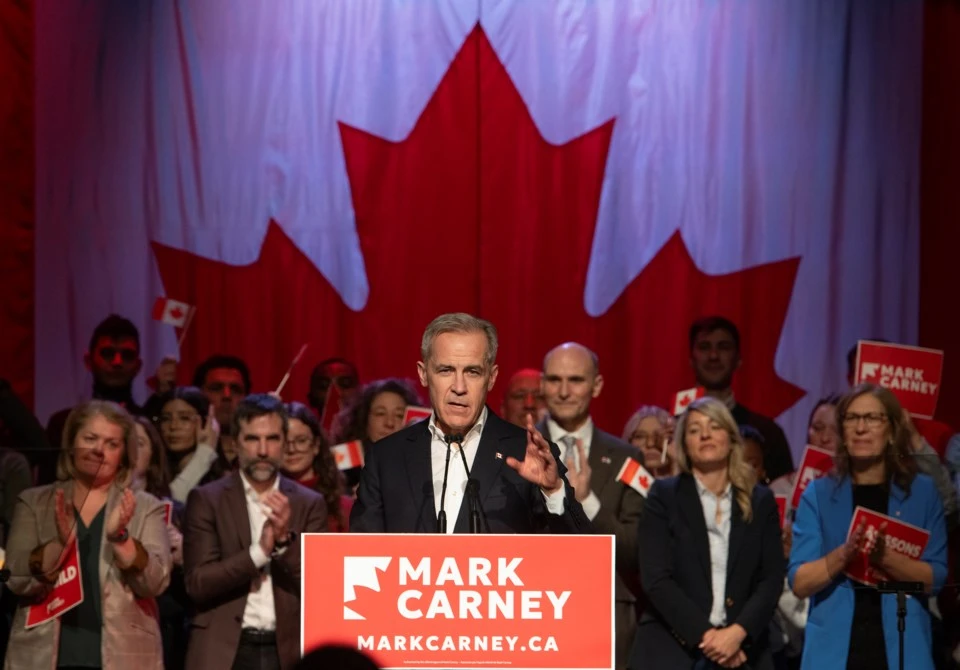‘Over 50 countries seek to negotiate Trump tariffs’: White House
 US President Donald Trump holds a chart as he delivers remarks on reciprocal tariffs during an event in the Rose Garden entitled "Make America Wealthy Again" at the White House in Washington, DC, on April 2, 2025. (AFP Photo)
US President Donald Trump holds a chart as he delivers remarks on reciprocal tariffs during an event in the Rose Garden entitled "Make America Wealthy Again" at the White House in Washington, DC, on April 2, 2025. (AFP Photo)
More than 50 nations impacted by newly announced tariffs have reached out to the U.S. government to initiate negotiations aimed at reversing the measures, White House National Economic Council Director Kevin Hassett said on Sunday.
On April 2, Trump announced reciprocal tariffs of at least 10% on imports from 185 countries, set to take effect by April 5. The tariffs, aimed at correcting trade imbalances, particularly targeted major partners China and the European Union, with rates of 34% and 20%, respectively.
“The fact is, countries are angry and retaliating, but they are also coming to the table,” Hassett told ABC News’ George Stephanopoulos on “This Week.” “I received a report from the U.S. Trade Representative last night confirming that more than 50 countries have contacted the president to start negotiations.”

“They’re doing this because they know they bear a significant portion of the tariff burden,” Hassett added.
He also downplayed the potential domestic impact: “I don’t think you’re going to see a major effect on U.S. consumers. The long-standing trade deficit stems from our partners’ inelastic supply. Many have been dumping goods here to create jobs abroad, particularly in China.”
However, former Treasury Secretary Lawrence Summers, who also appeared on the program, warned that the tariffs are already harming the economy by driving up prices and fueling inflation, which in turn reduces consumer purchasing power and leads to job losses.
Markets reeling, Trump defiant
Despite a steep sell-off in global markets — with U.S. indices posting their worst performance since 2020 as of Friday’s close — Trump defended the tariffs, calling them “medicine” for the country’s chronic trade deficits.
“I don’t want the markets to go down, but sometimes you have to take medicine to fix something,” Trump told reporters aboard Air Force One on Sunday, traveling from Florida to Washington, D.C. “I’m not trying to cause a sell-off.”
“What’s going to happen to the market? I can’t tell you,” he said. “But I can tell you, our country is getting stronger, and eventually, it will become the most economically dominant nation in the world.”
Trump placed blame for current trade imbalances on past administrations, particularly former President Joe Biden’s.

“We’ve been treated terribly by other countries because of weak leadership,” he said. “They took our businesses, our money, and our jobs — moved them to Mexico, Canada, and China. It’s not sustainable.”
The president emphasized his resolve to correct trade imbalances: “I’ve spoken with leaders from Europe, Asia, and elsewhere. They’re eager to strike deals. But I told them, We will no longer tolerate trade deficits. To me, a deficit is a loss.”
In a post on his Truth Social platform Sunday, Trump wrote, “We have massive financial deficits with China, the European Union, and many others. The only way to fix it is through tariffs, which are now generating tens of billions of dollars for the U.S. They are already in effect — a beautiful thing to behold.”
He added, “Under sleepy Joe Biden, the trade surplus of these countries has only grown. We’re going to reverse it — and fast. Someday, people will understand that tariffs, for the United States of America, are a very beautiful thing!”
Recession risk rising
U.S.-based investment bank Goldman Sachs warned Sunday evening that the probability of a U.S. recession in 2025 has increased, particularly following Trump’s announcement on reciprocal tariffs.
The bank raised its recession forecast from 35% to 45%, citing deteriorating financial conditions, rising global uncertainty, and potential foreign consumer boycotts.
“Sharply tighter financial conditions, foreign consumer boycotts, and a sustained rise in policy uncertainty — more than previously assumed — have all contributed to the increased likelihood of recession,” Goldman Sachs noted.
However, the forecast assumes that most of Trump’s proposed tariffs, scheduled to take effect on April 9, will not be fully implemented. Should they be enforced, Goldman Sachs expects a fourth-quarter recession and projects GDP growth for Q4 2025 at just 0.5%.
Meanwhile, British lender Barclays downgraded its 2025 gross domestic product (GDP) growth forecast for China by 30 basis points to 4.0%, factoring in the direct effects of the U.S.’s new 34% tariffs and the indirect impact of sluggish growth among China’s major trading partners.
In response to the U.S. move, China announced retaliatory measures on Friday, including a 34% tariff on American imports, restrictions on rare earth element exports crucial to tech manufacturing, and blacklisting several U.S. companies.



